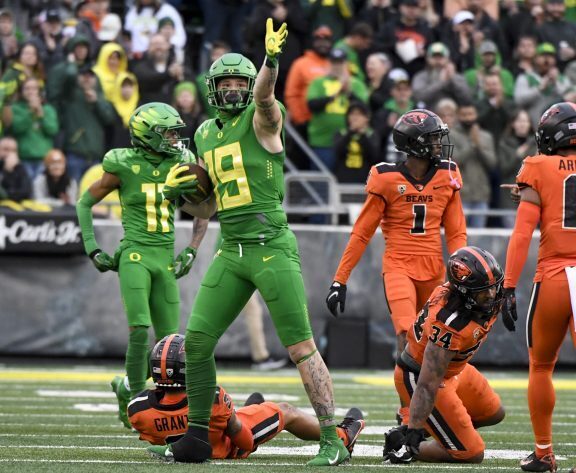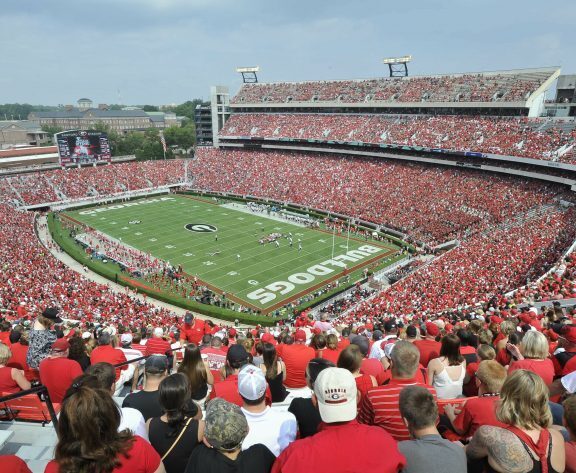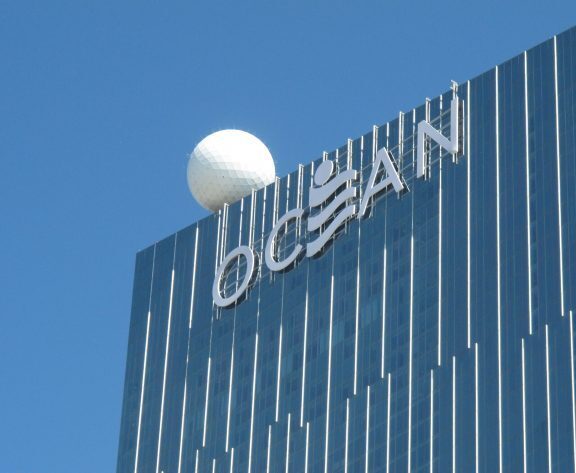- Missouri Lawmakers Continue Fight Over Gambling Expansion.
- The Legality of Video Lottery Terminals Remains Contested.
- Regulated Sportsbooks Were Part of Bill that Failed.
4 Minute Read
Video lottery terminal.
A comprehensive reform of Missouri gambling laws failed to garner support in the State Senate. Missouri is rife with video gaming terminals that operate in a legal gray area. There are as many as 20,000 so-called “gray market” machines in Missouri bars, rest stops, and private clubs. The primary aim of the gambling expansion was to regulate these machines. Through authorization, the state could tax terminals and their owners and operators. However, the Missouri gambling expansion also included allowing regulated sportsbooks for the first time.
What Happened to the Missouri Gambling Expansion?
State Senator Denny Hoskins (R-Warrensburg) sponsored SB98, which contained the Missouri gambling expansion proposals. The bill included provisions such as:
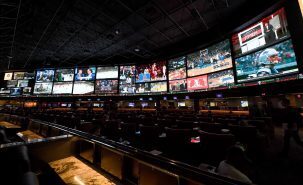
Missouri casinos could have built sportsbooks if gambling bill expansion passed.
- Authorizing up to 10,000 video gaming terminals, bringing them out of the gray market.
- Updating technical language on what machines are allowed versus those that are illegal.
- Taxing the legal terminals, possibly bringing in $200 million annually for state coffers.
- Preventing any one location from having more than five machines.
- Only allowing video gaming terminals at bars, truck stops, or fraternal/veterans halls.
- Allowing Missouri’s 13 land-based casinos to build retail sportsbooks.
However, the proposals died in the Senate after an anti-gambling lawmaker introduced a public vote amendment. Senator Mike Moon (R-Ash Grove) believed voters should have a say. But his amendment could have resulted in more confusion over the legality of the terminals. If Missouri residents defeated the bill during an election, the machines’ current status could be locked in permanently.
Why Are Video Gaming Terminals so Controversial?
Sen. Hoskins has sponsored a bill attempting to regulate video gaming machines every year since 2017. Also known as video lottery terminals or VLTs, there are strong lobbying interests on behalf of the gray market machines. Each VLT comes with a sticker claiming it does not violate any Missouri law. But the truck stop and corner store owners that host the terminals raise significant revenue from their presence.
Operating in a legal gray area means that the machines lack the same consumer protections as casino games. Payout rates, fairness, and dispute resolution processes are all questionable. And the Missouri Gaming Commission and a Missouri judge have deemed VLTs illegal gambling devices.
Each VLT operates along the lines of a slot machine. A player puts in money and either wins or loses dollars on each game. But Torch Electronics, which manufactures some terminals, sued Missouri, arguing they are not gambling devices.
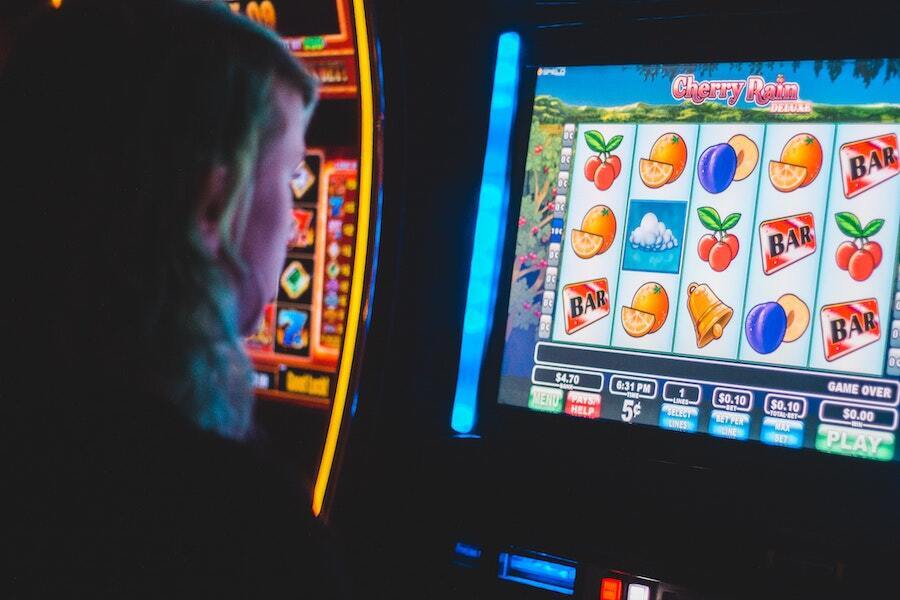
Whether VLTs are gambling devices like slot machines is in question.
After a crackdown by the Highway Patrol, Torch alleged they are being harassed over an incorrect interpretation of state law. Gambling devices are illegal in Missouri unless they are housed in a casino. But Torch claims VLTs do not fall under the gambling device law. Because the terminal reveals whether a player wins or loses before they deposit, Torch argues it is not gambling.
What’s Next for the Missouri Gambling Expansion?
Torch Electronics is a Wildwood, Missouri based company. Lobbying efforts to support the Missouri business resonate with lawmakers. Their gray market VLTs therefore have strong support. However, opponents argue they could still provide machines in a regulated environment.
Other VLT vendors claim that even if their machines are gambling devices, non-profit locations can host terminals. Though the Highway Patrol is cracking down on the terminals, local prosecutors remain hesitant to pursue cases.
The Missouri gambling expansion included an attempt to allow and regulate sportsbooks. But the push was mainly focused on bringing VLTs out of the gray market. Sportsbook regulation, especially online or mobile apps, does not appear to be a legislative priority in Missouri.
Neighboring Illinois and Iowa are already leaders in the regulated sportsbook industry. Meanwhile, Tennessee offers regulated online betting without any of the land-based gambling infrastructure already in place in Missouri. Even Nebraska and Kansas continue to debate whether to get in on regulated wagers. Still, Show-Me-State lawmakers seem unimpressed by the additional revenues flowing to their neighbors’ budgets.
The 2021 Missouri legislative session ends on May 14. With only days left, Cardinals and Chiefs fans likely will continue to need to cross borders to place regulated wagers.






